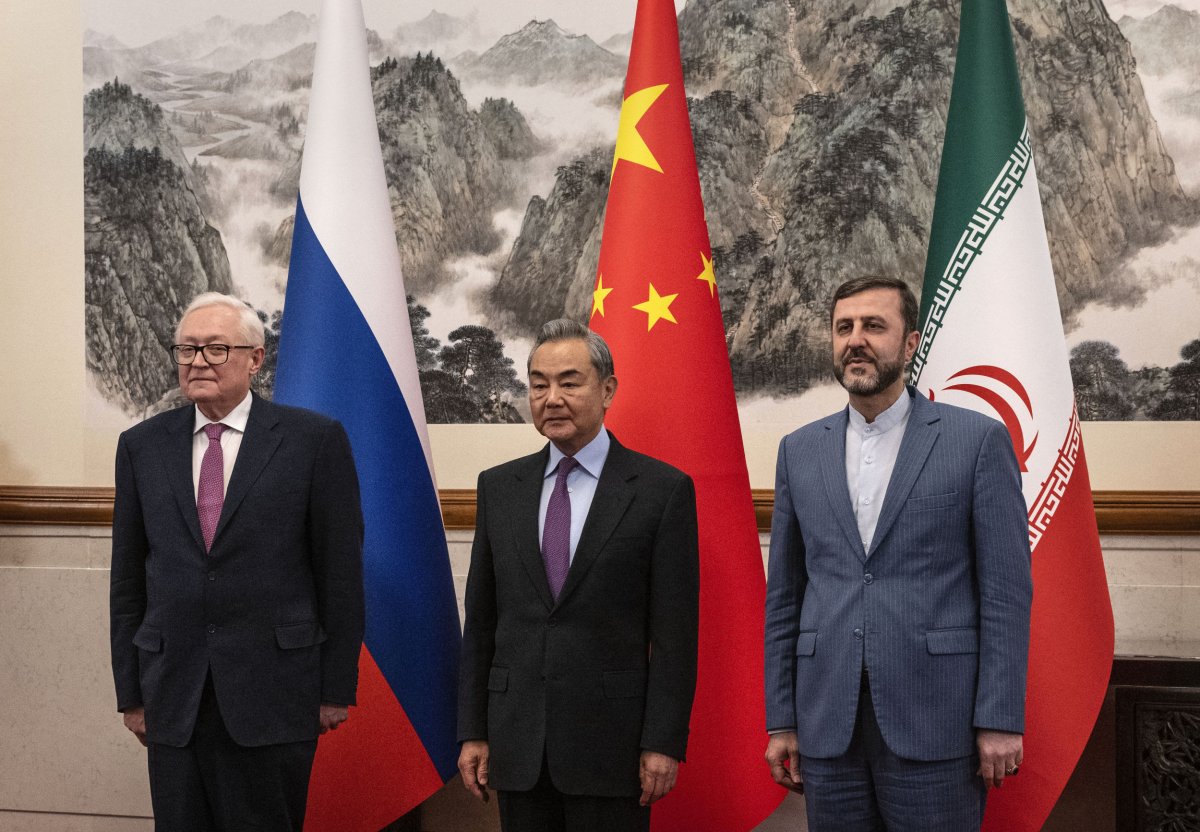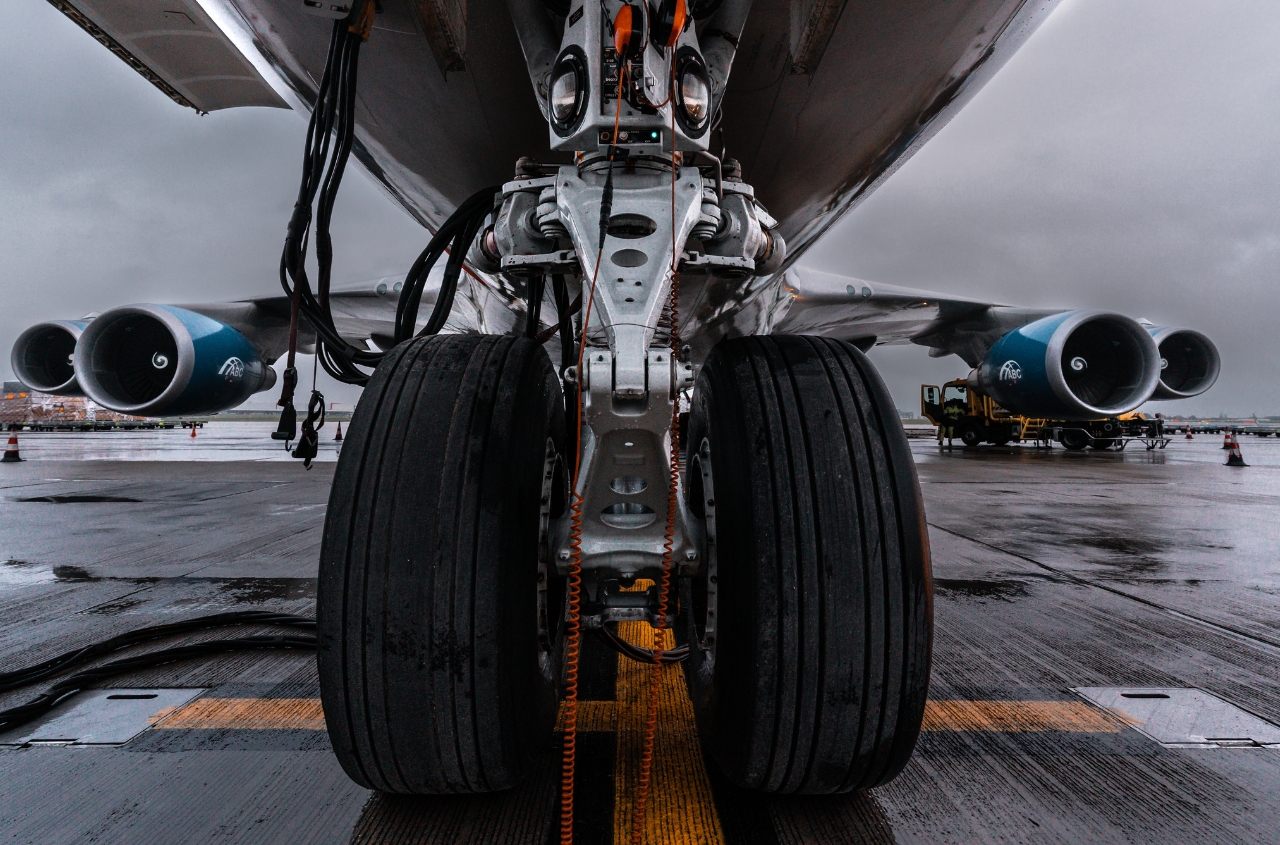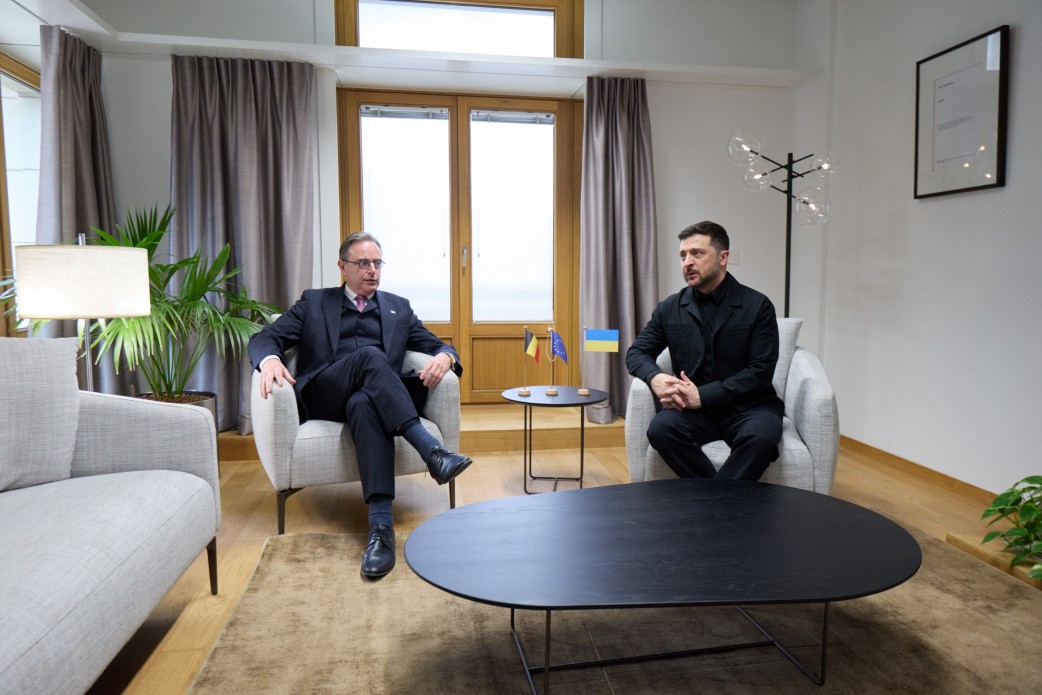Tehran has publicly warned London, Paris, and Berlin that they have "no legal grounds" to activate the Snapback mechanism before the expiration of UN Security Council Resolution 2231 on October 18. Deputy Foreign Minister Kazem Gharibabadi informed the Iranian parliament that Iran is coordinating its response with China and Russia and insists: instead of extending the resolution, the parties should "close the Snapback issue once and for all," as reported by Kurdistan24.
On August 3, Deputy Foreign Minister for Legal and International Affairs Kazem Gharibabadi briefed the relevant parliamentary committee on the "honest but tough" negotiations with the European trio (UK, France, Germany), which took place in late July in Istanbul. According to him, the E3 proposed to extend Resolution 2231 by another six months if Tehran agreed to additional steps in its nuclear program. Iran responded with a counter-initiative — to cancel the possibility of reimposing sanctions entirely and let the resolution expire quietly on October 18.

Gharibabadi emphasized that the Europeans have "lost the right" to trigger the Snapback mechanism because they themselves failed to fulfill their obligations under the JCPOA. He also reminded them of two letters from Foreign Minister Abbas Araghchi addressed to the UN Secretary-General and the President of the Security Council, in which any attempts to activate Snapback were called "illegal."
He confirmed that Tehran’s actions are coordinated with Moscow and Beijing: “We will make decisions based on our interests and in coordination with our strategic partners.” Meanwhile, Ebrahim Rezai, chairman of the parliamentary committee, urged the government “not to frighten the public with Snapback” and to rely more on domestic resources while strengthening ties with Russia and China.
Amid internal political debates, another deputy foreign minister, Saeed Khatibzadeh, told China’s Phoenix TV that IAEA inspectors would soon return, clarifying that the parliament’s law merely transferred oversight of cooperation to the Supreme National Security Council and does not sever contact with the agency. In this way, Iranian officials are showing both tough rhetoric toward the E3 and flexibility in dealing with the IAEA.
Diplomats expect the E3 to try to form a consensus by the end of August; Tehran signals that any unilateral activation of the mechanism will be met with a collective response from Iran, China, and Russia.





















